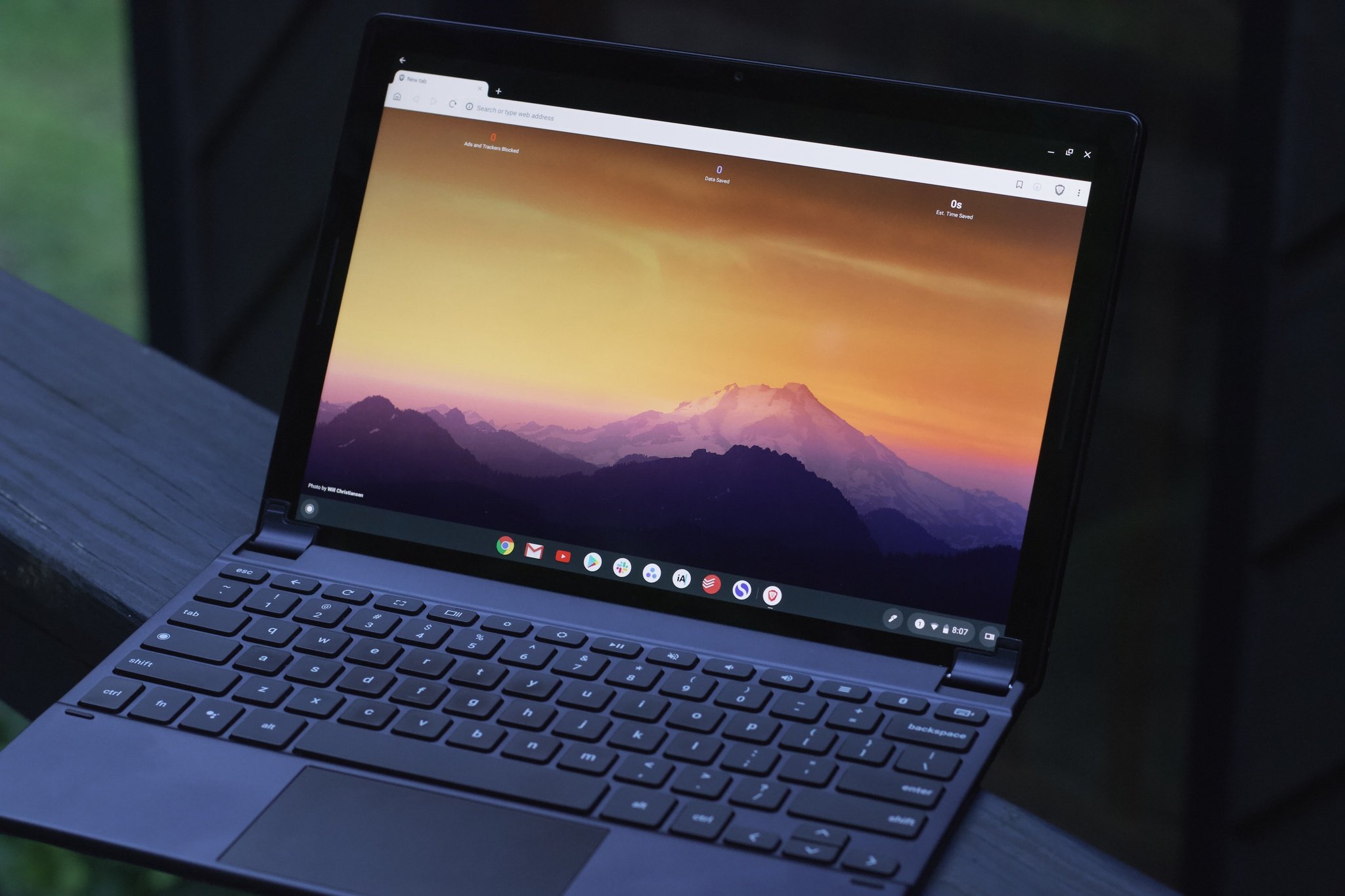Brave web browser is coming after Google with its own privacy-based search

What you need to know
- Brave announces that it's purchased the Tailcat search engine and is integrating it into its web browser.
- The new Brave Search engine is focused on privacy and does not track or profile users.
- Brave browser is available for both mobile and desktop and Brave Search will be available for testing soon.
The Brave web browser has set out to become one of the best Chrome for desktop alternatives, and this latest move puts it in a pretty good position. Brave announced in a blog post on Wednesday that it has acquired the open-source search engine, Tailcat, and is integrating it into its privacy-focused web browser.
For those not familiar with Brave, it's an open-source web browser made using the Chromium source code. Because of this, it looks and feels like Google Chrome in many ways, although without many of its bells and whistles, while also claiming to be more battery efficient. The main difference, though, is that Brave is focused on privacy, something that Google often struggles with. Brave does not track its users for targeted ads and instead has partnered with various companies to serve "privacy-respecting" ads that can reward users by just watching.
By purchasing Tailcat and turning it into Brave Search, users will have a fully-integrated solution for private browsing as an alternative to Google Search and Chrome. CEO and co-founder of Brave Software, Brendan Eich highlights the invasiveness of Big Tech as a motivation for launching a privacy-focused search engine:
Brave's mission is to put the user first, and integrating privacy-preserving search into our platform is a necessary step to ensure that user privacy is not plundered to fuel the surveillance economy.
The company maintains that because Brave Search is open source, it will remain independent so that improvements made to the platform are from anonymous contributors. It outlines in a paper how its ranking model will be built to avoid any bias with search results. Users will also have the option for an ad-supported or a paid, ad-free experience, and those that choose ads will not be targeted. Brave Search is aiming for full transparency with its users.
Brave points to the recent exodus of WhatsApp users to services like Signal as a sign that users are actively seeking more private alternatives for their apps and services. The company believes that this move makes it the right choice for users who are looking for an alternative to Google. It's even open to making its search engine available for other browsers.
Brave has open sign-ups to test its upcoming search engine, although there's no word on when it will be available.
Get the latest news from Android Central, your trusted companion in the world of Android

Derrek is the managing editor of Android Central, helping to guide the site's editorial content and direction to reach and resonate with readers, old and new, who are just as passionate about tech as we are. He's been obsessed with mobile technology since he was 12, when he discovered the Nokia N90, and his love of flip phones and new form factors continues to this day. As a fitness enthusiast, he has always been curious about the intersection of tech and fitness. When he's not working, he's probably working out.
